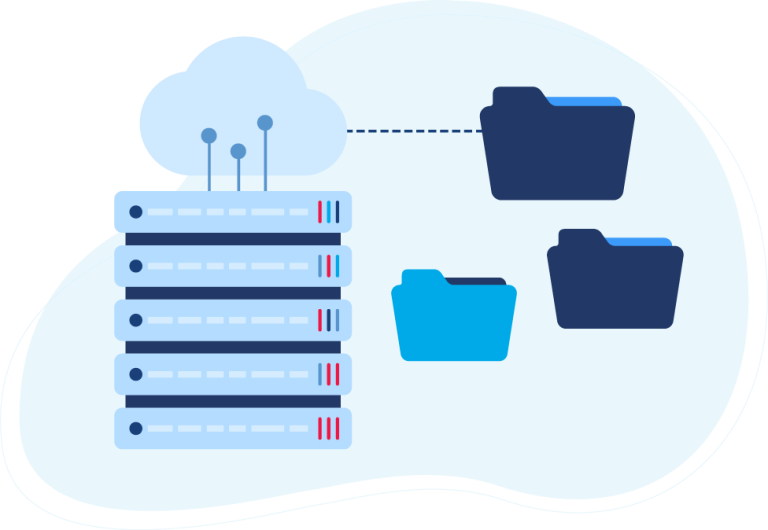Plug-and-play integrations can be fantastic tools for smaller businesses just starting out. Easy and simple to implement they can add save you time and money in manual entry daily.
But for those Merchants who are scaling rapidly and need a sophisticated back-end system, plug-and-play applications simply are not sustainable for long-term growth.
Usually, when Merchants hang on to these plug-and-play integrations they fall into 5 common traps that can be very costly and time-consuming to correct, once they have realized they need strategic iPaaS managed services. Plug-and-play integrations prevent merchants from scaling to real growth. VL OMNI’s managed iPaaS service enables you to grow from a real and scalable integration strategy.
1. Adding Additional Plug-and-Play Integrations to Plug Holes
Merchants often use plug-and-play integrations for a simple connection between two disparate applications. Its an easy fix and solves the problem cheaply or even for free. Over time, as the business grows more and more plug-and-play connections are used to link applications together in ways the business didn’t strategically think about in the first place. More problems arise, more plugins are used to migrate the issue.
2. Spaghetti Mess Of Integrations To Untangle
To keep up with scaling issues, Merchants will add in so many plug-and-play integrations it will become a tangled mess or ball of integrations that are impossible to untangle without breaking systems, causing backlogs, resorting back to manual data entry, and seriously harming your customer experience.
Let VL OMNI’s Torrey Lapenskie break down the 5 most common traps of plug-and-play integrations Merchants find themselves in.
3. Scaling Issues
With that mess of integrations, scaling issues will become apparent quickly. Not only internally, but as your team grows, more and more staff also need to understand the in and outs of the spaghetti mess of plug-and-play integrations. You will also see significant issues with increasing order volume. You will lose orders and visibility in the mess of plug-and-play integrations as you continue to grow.
4. Integration Break Down In Times of Peak Sales
Inevitably, your business will be hit with a high sales period like BFCM or a flash sales situation and it will break your integrations completely. That type of influx of business will often completely throw a business that has never experienced it before and those who are relying on a cobbled mess of plug-and-play integrations to get through it will see significant issues and long-term negative impacts from their customer base that pays the price of those un-strategic integration decisions.

5. It’s All Rooted In A Lack of Strategy.
Integration is often seen as simply a technical exercise that is an afterthought for most businesses. Where a business can avoid a lot of pain points, time wasted and money to fix issues with plug-and-play integrations is to start with a Strategy First approach to integration. Understanding where your data lives in each application, where it needs to move throughout your application stack, and understanding how your back-end systems and data inform the customer experience you are creating for your customers.
How VL OMNI Can Help
Unlike the plug-and-play approach, a strategic integration managed service with VL OMNI promotes:
Agility
Flexibility
Efficiency
Using our iPaaS solution service as a central point to unify all your applications together. VL OMNI’s unique consultative approach to data integration means a better data integration strategy. We are able to work with complex systems, technology stacks, and customized applications as our integrations match corporate strategy. Our managed service approach allows our pre-built connectors to be tailored to your specific business rules.
 D365 Business Central
D365 Business Central Netsuite
Netsuite


